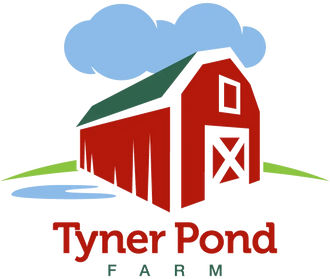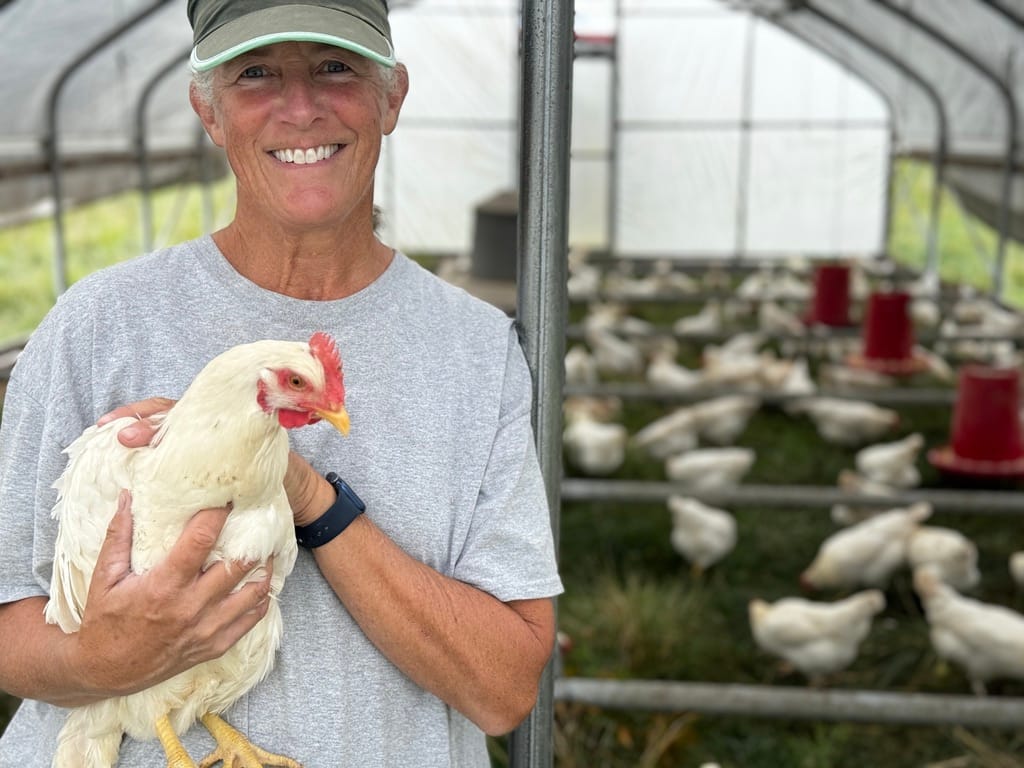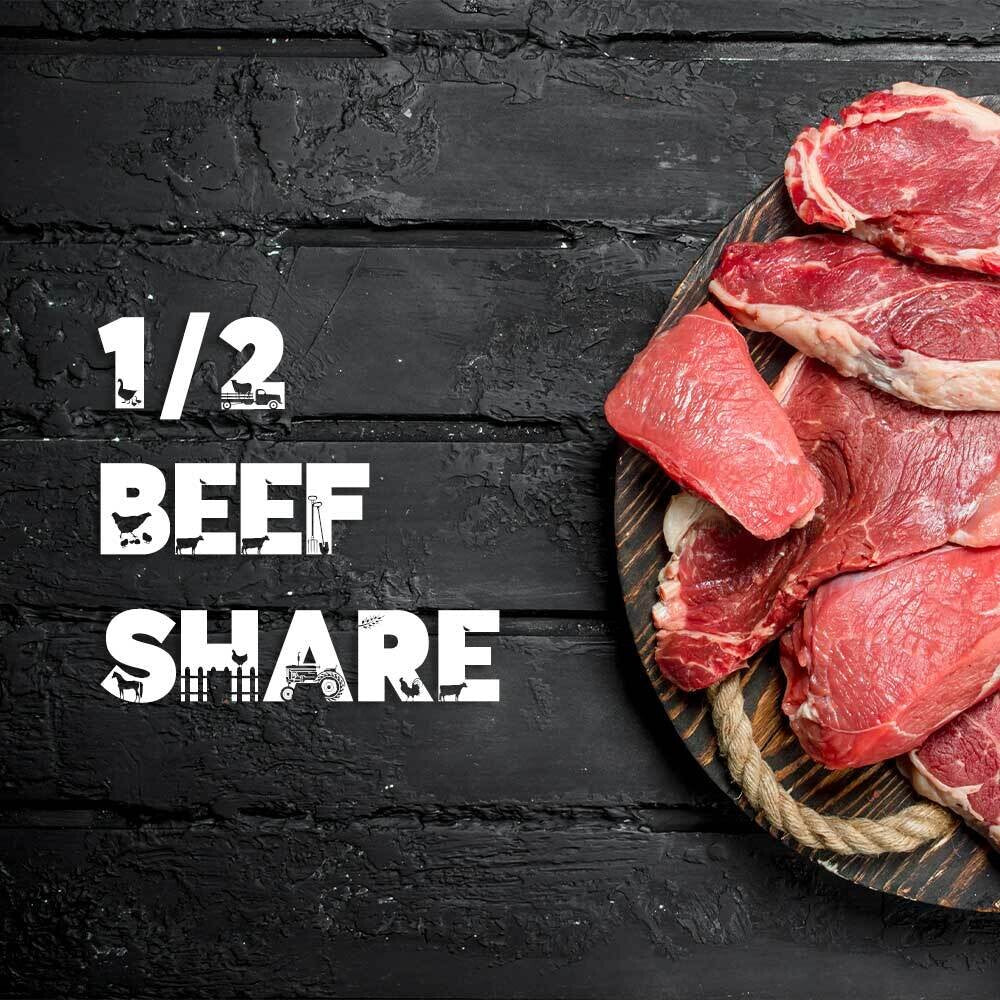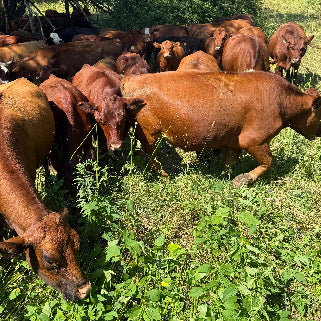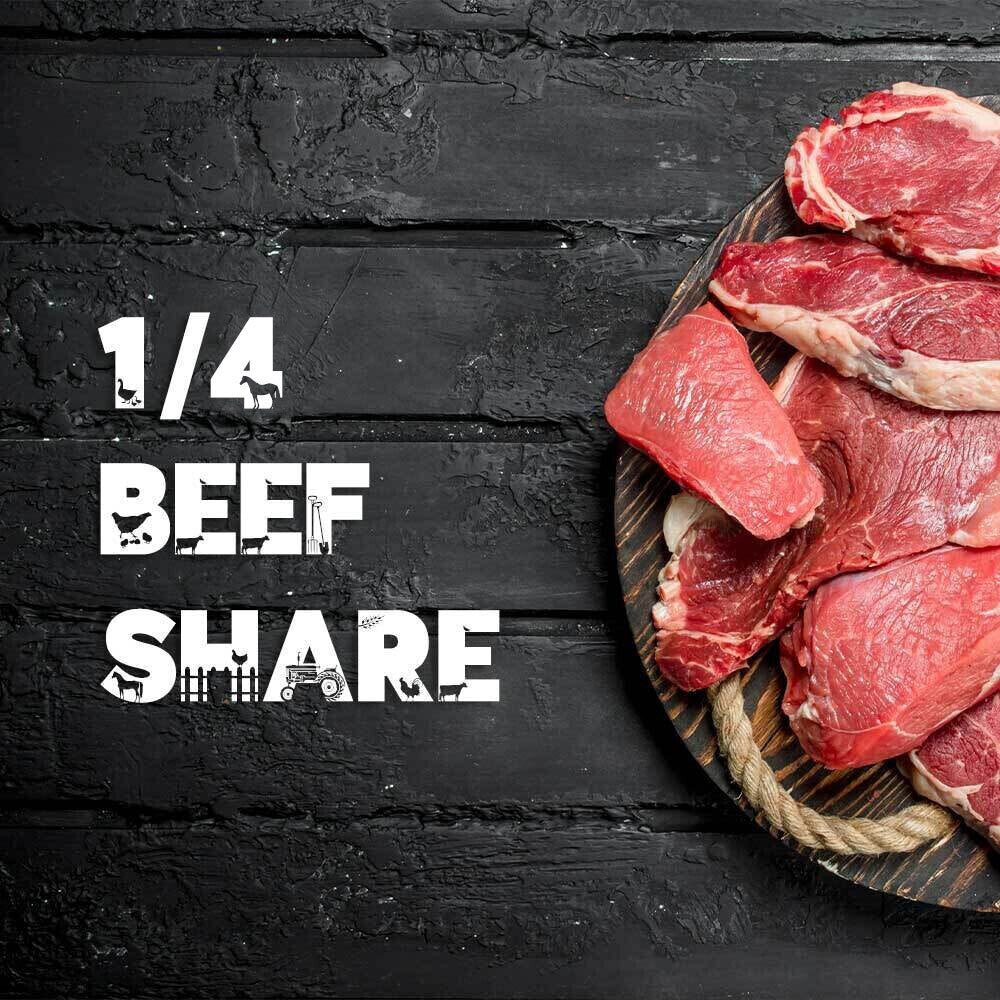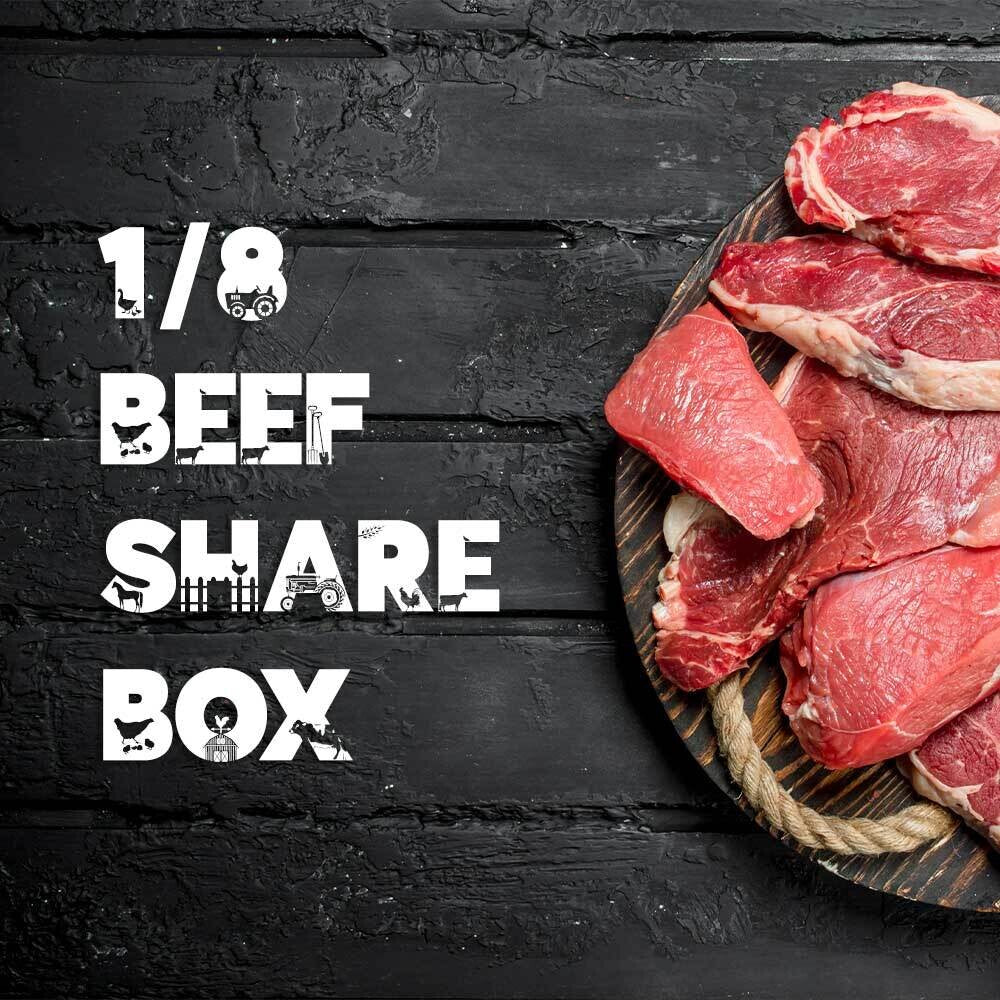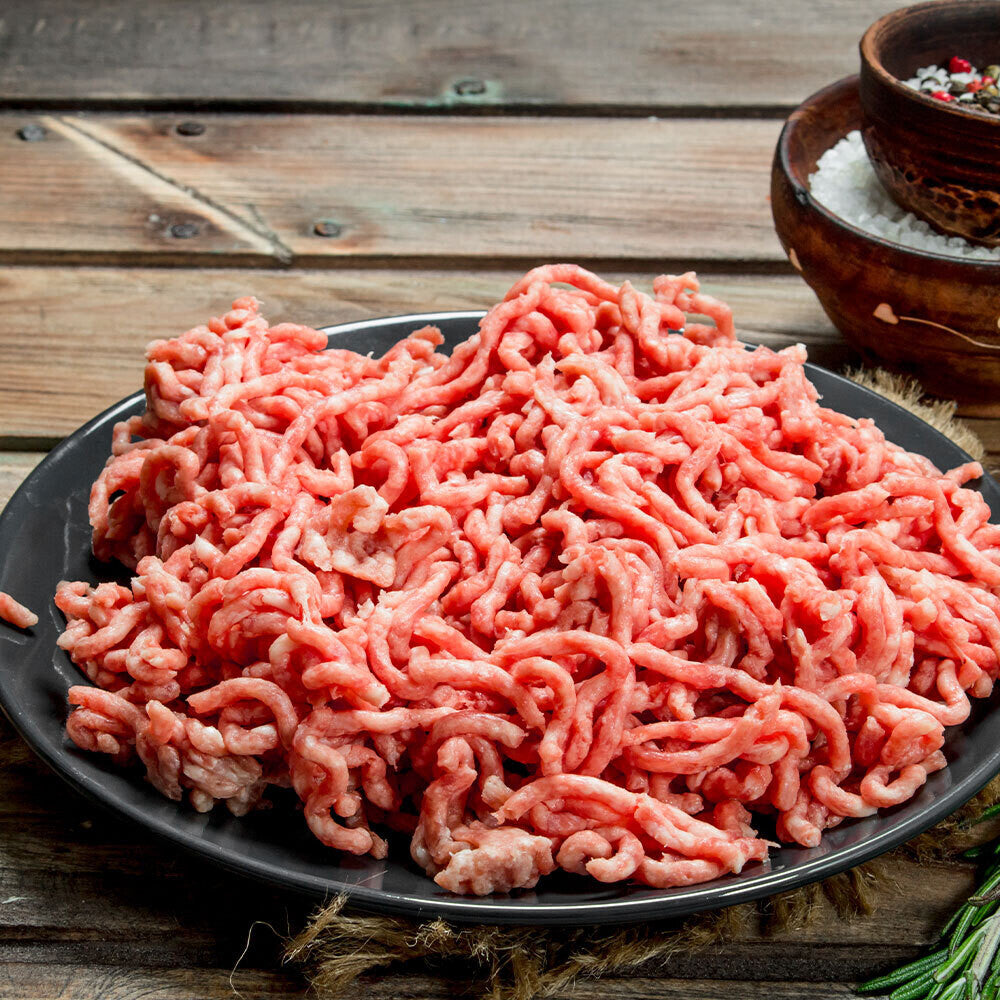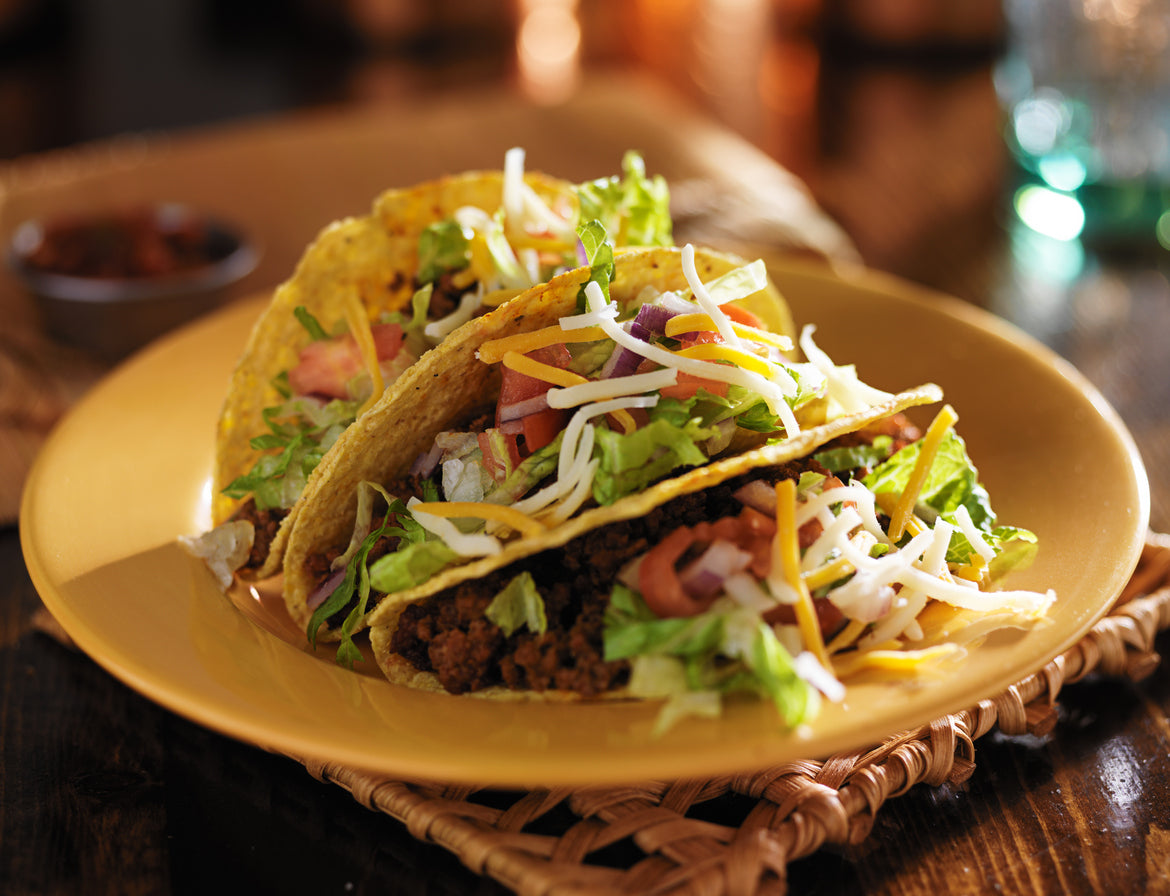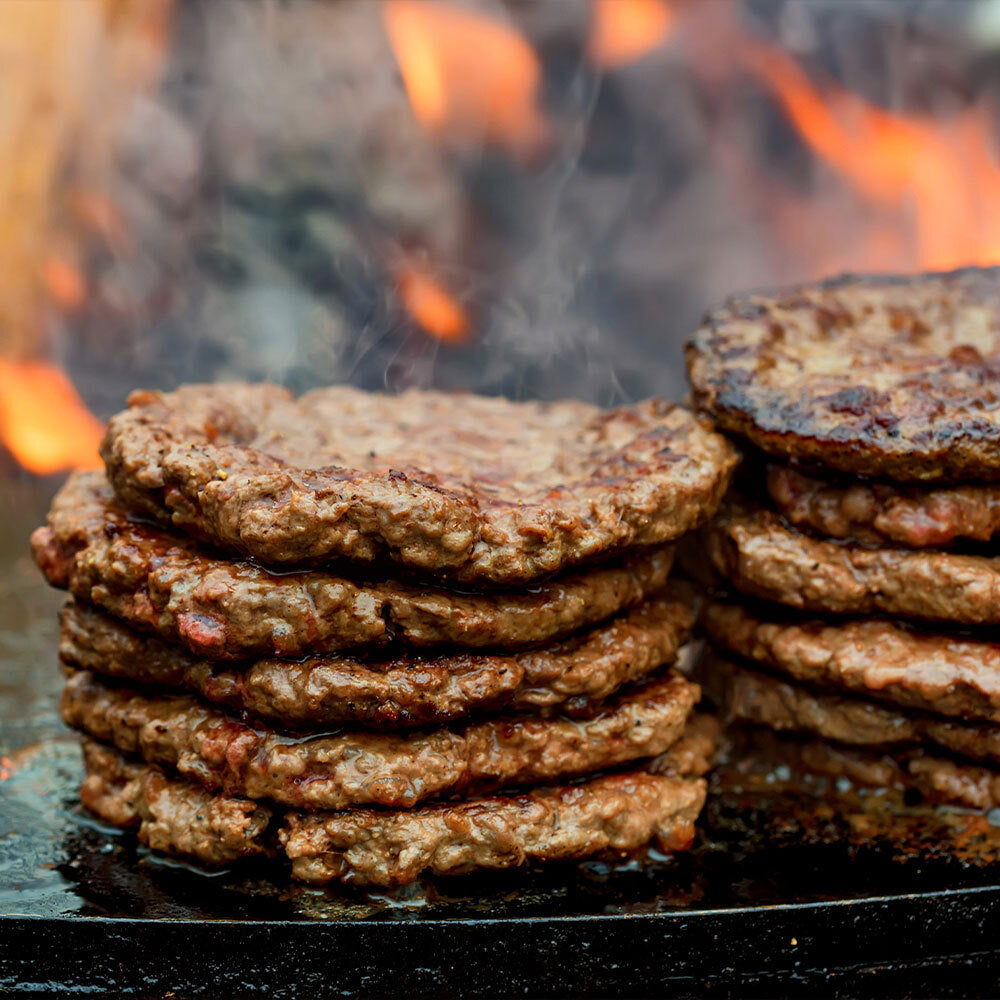
Holistic Management: Planning for Indiana’s Wet Winters
Here in Indiana, we know exactly what kind of winters we’re going to get: mostly above freezing, wet, and muddy. That’s just the reality of cattle farming in this part of the Midwest. And yet, every year, plenty of Indiana fields end up looking like swampy disaster zones, with animals slogging through muck and soil getting trampled into oblivion. Mud isn’t just messy; it’s destructive, both to the land and the health of the herd.
But here’s the thing—mud is entirely predictable. If you know that wet winters are inevitable (and here in Indiana, they are), then planning for it shouldn’t be optional. At Tyner Pond Farm, we build our entire grazing system with this in mind, not just during the winter but in everything we do throughout the year, especially during the growing season. Because what happens in January is really a reflection of what you did in July—or even three years ago.
Why Mud is a Big Deal
Mud is more than just inconvenient. It damages your pastures, impacts animal health, and has long-term consequences for the productivity of the farm. When hooves sink into wet, bare soil, they compact it, destroy the natural structure, and make it nearly impossible for water to drain properly. Exposed soil gets churned up, eroded, and stripped of nutrients. The result? A pasture that struggles to recover in the spring and provides less forage for the grazing season ahead.Wet conditions are part of farming in Indiana, but unmanaged mud is a choice.A healthy pasture with thick forage cover and strong root systems can hold up under rain and hooves, even during the sloppiest winters. That’s why our focus is always on building resilience into our pastures—not just for today, but for the seasons and years ahead.
The Summer (and Years) Before the Mud
Managing for mud doesn’t start in the fall when the rains come. It starts in the summer, during the growing season, when we’re rotating cattle across the pasture and giving each paddock the time it needs to recover. By allowing grasses to fully regrow before grazing again, we build a thick canopy of vegetation that protects the soil. More importantly, this also encourages deep, healthy root systems that anchor the soil and allow it to absorb water instead of turning into soup. But the real secret to avoiding mud isn’t just what you do in one season—it’s what you do over many seasons. Holistic management means thinking long-term, understanding that every decision builds on the ones that came before it. Years of rotational grazing, resting paddocks, and maintaining proper stocking rates create a pasture that can handle the stresses of winter without falling apart.Winter Puts Your System to the Test
If there’s one thing we know, it’s that winter will expose the weaknesses in your management. If pastures are bare, compacted, and turning into mud pits, it’s not because Indiana winters are cruel. It’s because the system wasn’t prepared for it. At Tyner Pond Farm, we treat winter as the ultimate test of our grazing practices. And we plan for it long before the first drop of winter rain hits the ground. We know our winters will be wet, so we make decisions in the summer—and even in the years before—that prepare our pastures to withstand the stress. Frequent cattle rotation ensures no single area gets overgrazed or compacted. Thick forage cover protects the soil surface, while strong root systems hold everything together below ground. These practices aren’t quick fixes; they’re the result of a long-term commitment to holistic management and the health of our land.The Payoff in Spring and Beyond
The beauty of planning for winter is that it doesn’t just help you avoid mud—it sets your pastures up for success in the spring. A well-managed pasture will bounce back quickly once the weather warms, providing high-quality forage and reducing the need for supplemental feeding. Meanwhile, pastures that were destroyed by mud in the winter will still be struggling to recover, with compacted soils and stunted regrowth holding back your entire system. For us, holistic management isn’t just about avoiding problems; it’s about creating a farm that works in harmony with the land. Every decision we make is grounded in the understanding that farming is a long game. It’s about building resilience, season by season, so that our pastures stay productive and our animals stay healthy—no matter what Indiana’s wet winters throw our way.Plan Like Winter is Coming (Because It Is)
The bottom line? Mud isn’t a surprise. It’s coming, just like it does every year here in Indiana. The question is, what are you doing today, this summer, or even next year to prepare for it? At Tyner Pond Farm, we’re not interested in fighting nature or scrambling for quick fixes. Instead, we plan ahead, manage holistically, and trust the system we’ve built to carry us through the toughest seasons. Winter may be wet and messy, but with the right plan in place, your pastures don’t have to be. And when spring comes, your farm will thank you for it. [fusion_button link="https://tynerpondfarm.com/shop/" title="" target="_self" link_attributes="" aria_role_button="0" alignment_medium="" alignment_small="" alignment="" modal="" hide_on_mobile="small-visibility,medium-visibility,large-visibility" sticky_display="normal,sticky" class="" id="" color="default" button_gradient_top_color_hover="" hue="" saturation="" lightness="" alpha="" button_gradient_top_color="" button_gradient_bottom_color_hover="" button_gradient_bottom_color="" gradient_start_position="" gradient_end_position="" gradient_type="" radial_direction="" linear_angle="" accent_hover_color="" accent_color="" type="" bevel_color="" bevel_color_hover="" border_top="" border_right="" border_bottom="" border_left="" border_radius_top_left="" border_radius_top_right="" border_radius_bottom_right="" border_radius_bottom_left="" border_hover_color="" border_color="" size="" padding_top="" padding_right="" padding_bottom="" padding_left="" fusion_font_family_button_font="" fusion_font_variant_button_font="" font_size="" line_height="" letter_spacing="" text_transform="" stretch="default" margin_top="" margin_right="" margin_bottom="" margin_left="" icon="" icon_position="left" icon_divider="no" hover_transition="none" animation_type="" animation_direction="left" animation_color="" animation_speed="0.3" animation_delay="0" animation_offset=""]Support Regenerative Farming: Shop Now[/fusion_button]
Tags:
